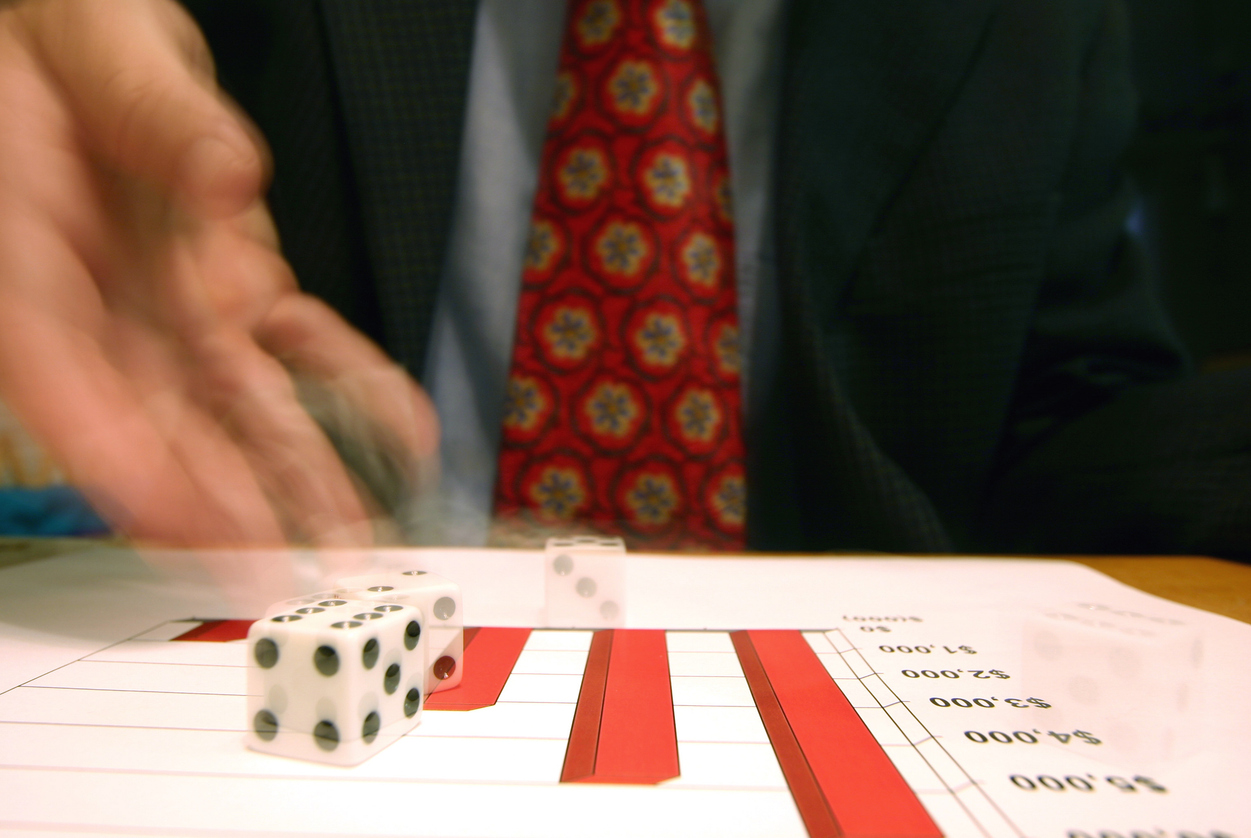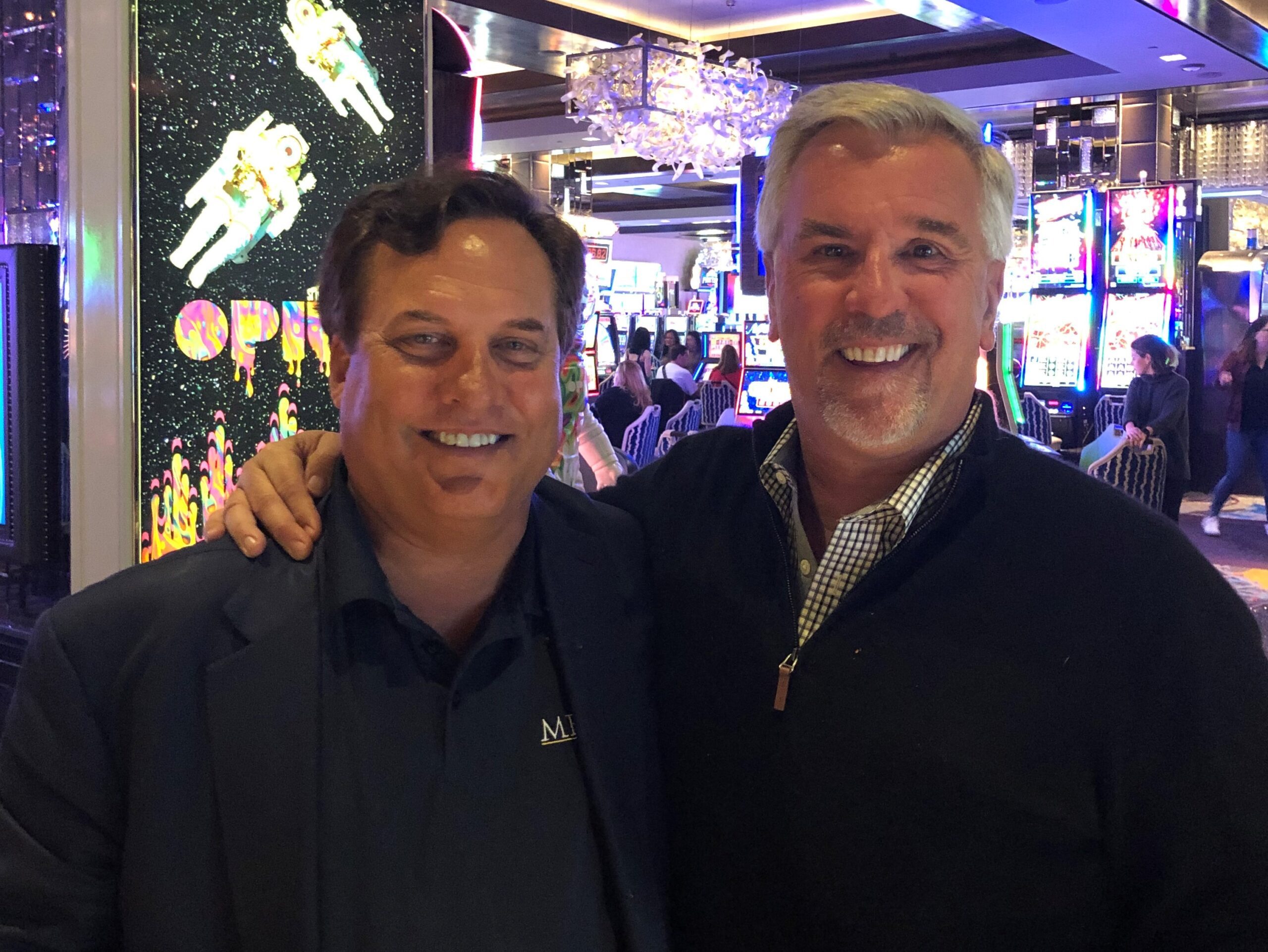In Colorado, insurance companies often deny claims based on exclusions for “wear and tear,” “repeated seepage and leakage,” or “failure to maintain.” Often insurance companies will hire experts to examine the property months or years after a loss, hoping the expert is willing to perform an outcome oriented examination—aimed at substantiating the insurance company’s denial based on “wear and tear” or the like. Insurers then attempt to designate these experts to give an opinion at trial—even if the expert never examined photos of the property before the loss, and failed to view the property relatively soon after the loss. These experts’ opinions may be based on speculation, and may be thrown out by the court based on a Shreck motion, described below.
In Colorado, the admission of scientific evidence and expert testimony is governed by Colo. R. Evid. 702. People v. Shreck, 22 P.3d 68, 77-78 (Colo. 2001). “The purpose of a CRE 702 inquiry is to determine whether the proffered scientific evidence is reliable and relevant, and for the trial court – acting as a gatekeeper – to prevent the admission of ‘junk science.’” Estate of Ford v. Etcher, 2008 WL 5173615, *2 (Colo. App. 2008).
Colo. R. Evid. 702 provides,
If scientific, technical, or other specialized knowledge will assist the trier of fact to understand the evidence or to determine a fact in issue, a witness qualified as an expert by knowledge, skill, experience, training, or education, may testify thereto in the form of an opinion or otherwise.
“Scientific testimony is admissible under CRE 702 if it is both reliable and relevant. To determine reliability, the court considers whether the scientific principles underlying the testimony are reasonably reliable, and whether the expert is qualified to opine on such matters.” People v. Jimenez, 2008 WL 4592128, *23 (Colo. App. 2008) (citing People v. Ramirez, 155 P.3d 371, 378 (Colo. 2007)); Shreck, 22 P.3d at 77. In making a determination of reliability and relevancy of scientific evidence, the trial court should consider the following:
(1) Whether the scientific principles to which the witness is testifying are reasonably reliable. Shreck, 22 P.3d at 78.
- A trial court determines the reliability of a scientific method by considering the totality of the circumstances, which may include: (1) whether the technique can be and has been tested; (2) whether it has been subject to peer review and publication; (3) the existence and maintenance of standards controlling the operation of the technique; (4) the frequency and type of error generated by the technique; and (5) whether such evidence has been offered in previous cases to support or dispute the merits of a particular scientific procedure. Id. at 77-78.
- “Speculative testimony that would be unreliable and therefore inadmissible under CRE 702 is opinion testimony that has no analytically sound basis. Admissible expert testimony must be grounded in the methods and procedures of science rather than subjective belief or unsupported speculation.” Ramirez, 155 P.3d at 378.
- The party seeking to introduce scientific expert testimony must show that the method employed by the expert in reaching the conclusion is scientifically sound and that the opinion is based on facts which sufficiently satisfy Rule 702’s reliability requirements. Id.
- “A court may reject expert testimony that is connected to existing data only by a bare assertion resting on the authority of the expert.” Id.; see also General Electric v. Joiner, 522 U.S. 136, 146 (1997) (“Trained experts commonly extrapolate from existing data. But nothing in either Daubert or the Federal Rules of Evidence requires a district court to admit opinion evidence which is connected to existing data only by the ipse dixit of the expert.”)
(2) Whether the witness is qualified to express an opinion on such matters. Shreck, 22 P.3d at 78.
- A witness is qualified as an expert by knowledge, skill, experience, training, or education. CRE 702; Huntoon v. TCI Cablevision of Colorado, Inc., 969 P.2d 681, 689 (Colo. 1998).
- Before allowing a witness to render an opinion as an expert, the trial court must ensure that the witness is qualified to opine on the matter as to which his or her testimony is offered. People v. Rojas, 181 P.3d 1216, 1220 (Colo. App. 2008).
- A trial court should assess the witness’s qualifications in the context of the evidence that is presented to the jury. Golob v. People, 180 P.3d 1006, 1012 (Colo. 2008).
(3) Whether the witness’s testimony would be useful to the jury. Shreck, 22 P.3d at 78.
- Whether testimony is useful to a jury “hinges on whether there is a logical relation between the proffered testimony and the factual issues involved in the case.” Ramirez, 155 P.3d at 379.
- Usefulness means that the proffered testimony will assist the fact finder to either understand other evidence or to determine a fact in issue. Id.
- “In determining whether the testimony will be helpful to the fact finder, the court should consider the elements of the particular claim, the nature and extent of other evidence in the case, the expertise of the proposed expert witness, the sufficiency and extent of the foundational evidence upon which the expert witness’ ultimate opinion is to be based, and the scope and content of the opinion itself.” Id.
Shreck held that the factors discussed by the U.S. Supreme Court in Daubert v. Merrell Dow Pharmaceuticals, Inc., 509 U.S. 579, 593-94 (1993) are relevant to the Court’s reliability determination under CRE 702, which is identical to FRE 702. Shreck, 22 P.3d at 70. Daubert’s “test of reliability is ‘flexible,’ and Daubert’s list of specific facts neither necessarily nor exclusively applies to all experts or in every case.” Kumho Tire Co., Ltd. v. Carmichael, 526 U.S. 137, 141-42 (1999). “Flexible” does not, however, mean “flimsy.” In Kumho Tire, for example, the U.S. Supreme Court rejected cursory “subjective visual inspections.” The challenged expert claimed that he could tell that a tire failed because of a defect based solely on a visual inspection. Id. at 144-45. The expert was unable to identify any scientific support for his highly subjective visual methodology. Because the expert could not demonstrate his particular methodology (1) was a recognize method for identifying defects in tires, (2) had been subjected to peer review, (3) was testable, and (4) had a known rate of error, the Supreme Court held that his opinions failed to meet the threshold requirements of Rule 702. Id. at 157; see also Cabrera v. Cordis Corp., 134 F.3d 1418, 1423 (9th Cir. 1997) (“An opinion based on [] unsubstantiated and undocumented information is the antithesis of the scientifically reliable expert opinion admissible under Daubert and Rule 702.”).
Counsel representing policyholders in Colorado should always consider a Shreck motion upon receiving an insurance company’s expert reports. Outcome oriented expert investigations and the resulting opinions are junk science—and should be treated as such by courts.



